Have you ever wondered what’s really going on behind your cat’s mysterious eyes? As cat lovers, we adore their independence and quirks, but sometimes the most powerful emotions are quietly hidden in plain sight. Missing these silent signals can mean missing a chance to strengthen your bond or even help your beloved feline through a tough patch. Let’s dive into the subtle, surprising, and sometimes shocking emotional shifts that even the most devoted cat parents often overlook. If you’ve ever felt your cat was trying to tell you something, you’re not alone—and after reading this, you’ll never look at your furry companion the same way again.
Withdrawal from Favorite Spots

Cats are creatures of habit, much like us. When they suddenly stop lounging in their favorite windowsill or abandon their beloved perch, it’s usually more than just a whim. This withdrawal can be a gentle cry for help, signaling stress, discomfort, or even sadness. Maybe a new pet has arrived, a family member has moved out, or noise levels have changed in your home. Cats crave security, and a shift in their safe spaces often reveals an emotional disturbance. Many people brush this off as simple feline fickleness, but it deserves your attention. Next time your cat avoids the place they used to nap every afternoon, try to notice what’s changed in their world. It might be their way of telling you, “I’m not okay.”
Sudden Excessive Grooming

We all know cats love to clean themselves, but when the grooming ramps up to compulsive licking or biting, it’s usually an emotional red flag. This behavior, called “overgrooming,” can be a response to anxiety, boredom, or even grief. Imagine nervously biting your nails—cats do something similar when their feelings are spinning out of control. They might groom until bald spots appear, or even cause skin irritation. Many owners dismiss this as quirky behavior or a sign of allergies, but it’s often rooted in the heart. If your cat starts grooming with a desperate intensity, consider what emotional stressors could be lurking in their environment. It’s their silent plea for comfort.
Change in Vocalization Patterns
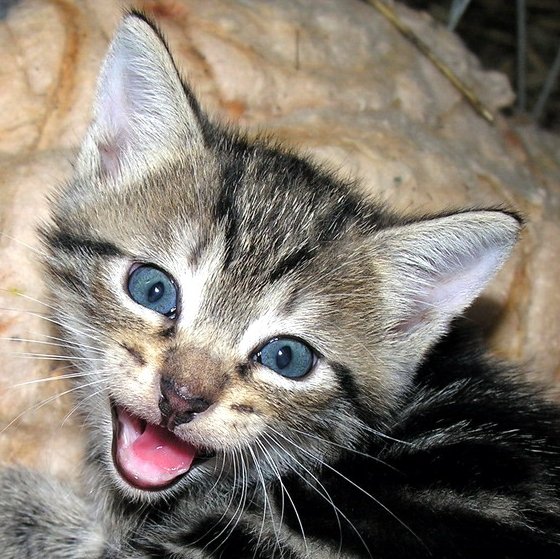
Cats are not always the silent, mysterious creatures we think they are. Sometimes, emotional turmoil comes out in their voices. A normally quiet cat might start meowing endlessly, or a chatty cat could suddenly go silent. These changes in vocalization are easy to ignore—especially if you chalk it up to age or personality. But often, it’s a cat’s way of expressing loneliness, confusion, or even excitement. Listen closely: is your cat trying to strike up a conversation, or are they suddenly keeping their thoughts to themselves? Both can be powerful signs of emotional shifts.
Loss of Interest in Play
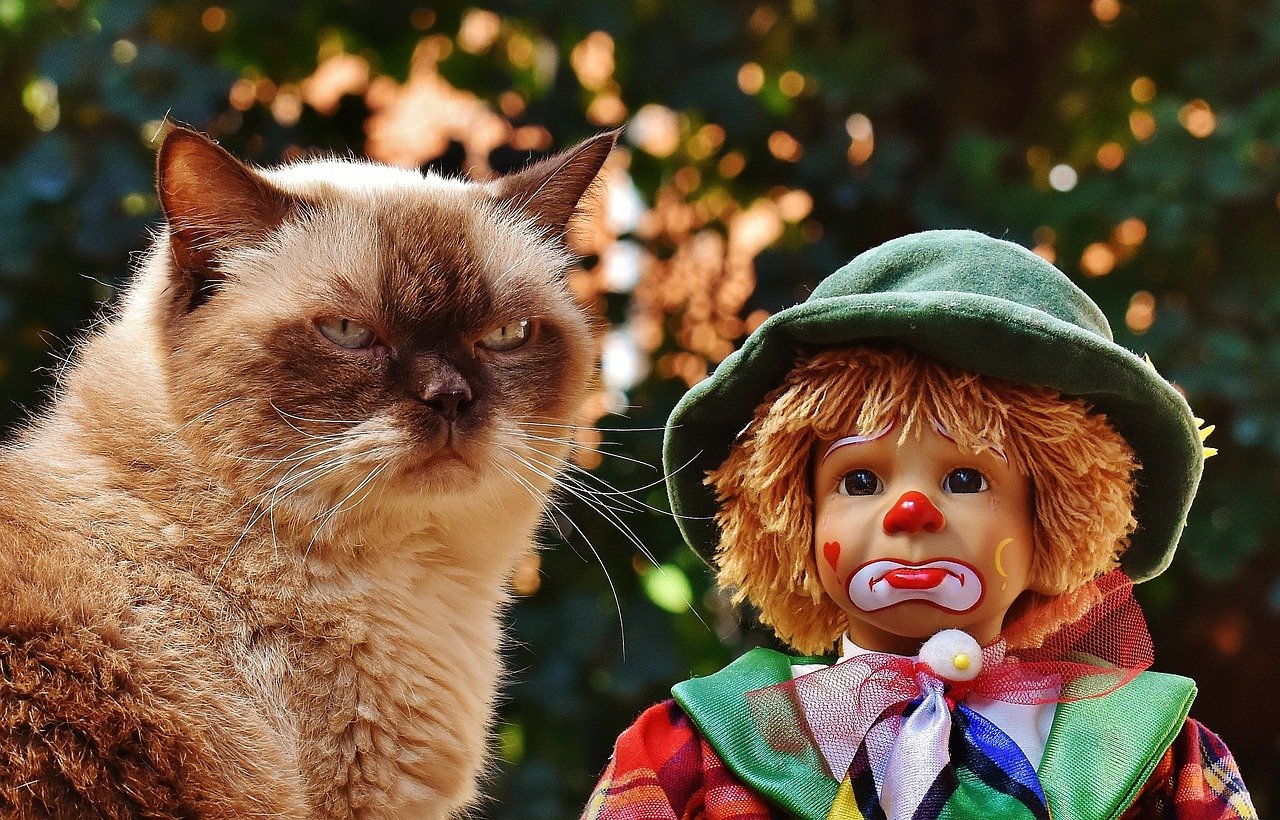
Remember those wild romps after a crinkly ball or feather wand? When a playful cat suddenly ignores their toys, it’s not just a sign of getting older. Loss of interest in play can be a symptom of depression or emotional withdrawal. Cats need mental stimulation, and playtime is their way of connecting with you and the world. If your feline friend suddenly seems bored or uninterested, it’s worth considering what’s changed emotionally. Maybe they’re grieving, stressed, or feeling neglected. Don’t just blame laziness—it’s often a deeper emotional story.
Increased Clinginess or Neediness

Some cats are notorious for their independence, but what happens when they suddenly become your shadow? Increased clinginess is a big emotional shift that cat lovers often miss. This could be a response to a change in the household, a new pet, or even your own emotional ups and downs. Cats can sense our moods, sometimes mirroring our anxiety or sadness. When they crave extra affection, it’s their way of seeking reassurance and stability. If your aloof cat is suddenly in your lap every second, it’s more than just cute—it’s emotional communication at its finest.
Uncharacteristic Aggression
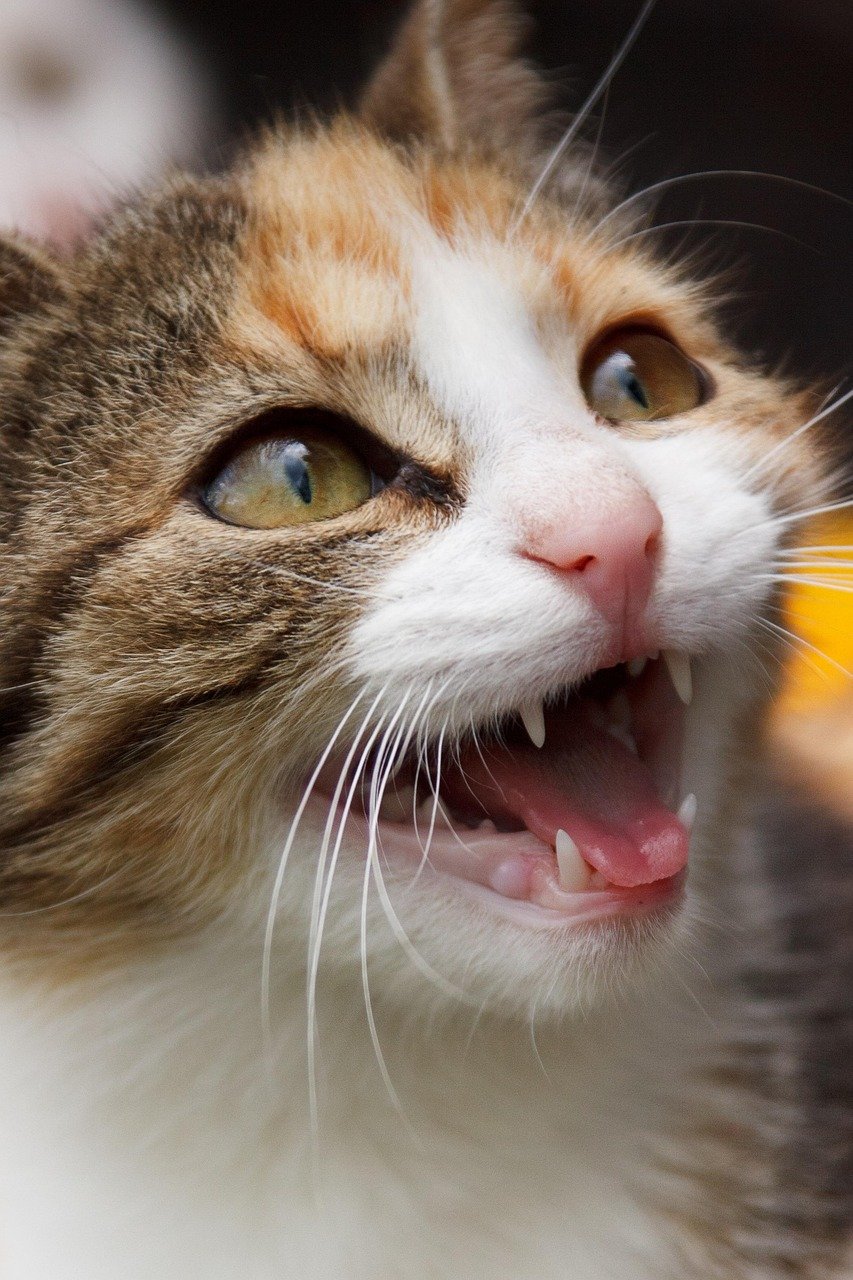
Nothing is more jarring than a loving cat suddenly hissing, swatting, or biting. Many people chalk up aggression to “bad mood” or “just being a cat,” but it often signals emotional distress. Cats can become aggressive if they feel threatened, jealous, or overwhelmed. Even a subtle change—like a new scent in the house or a loud party—can flip their emotional switch. Watch for patterns and don’t just punish the behavior; try to understand what’s fueling it. Aggression is often a mask for fear or unease.
Changes in Eating Habits
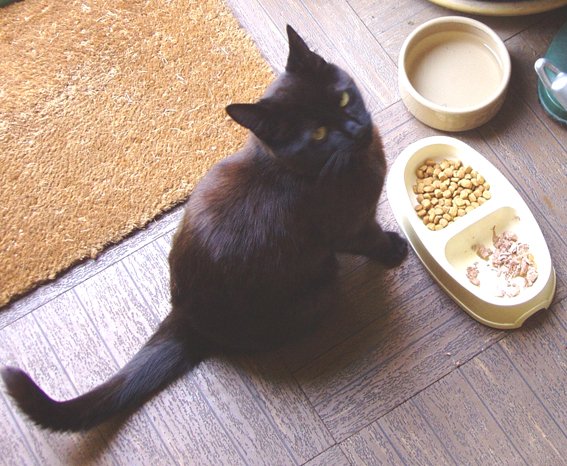
Cats aren’t always the most predictable eaters, but sudden changes in appetite often go deeper than physical health. Emotional upheaval—such as a new baby, a move, or even a change in your work schedule—can cause a cat to overeat or lose interest in food completely. Skipping meals or binge eating is their way of coping, much like humans reaching for comfort snacks or losing their appetite when stressed. If your cat’s food bowl tells a new story, it’s time to tune in to their emotional world.
Unusual Sleeping Patterns
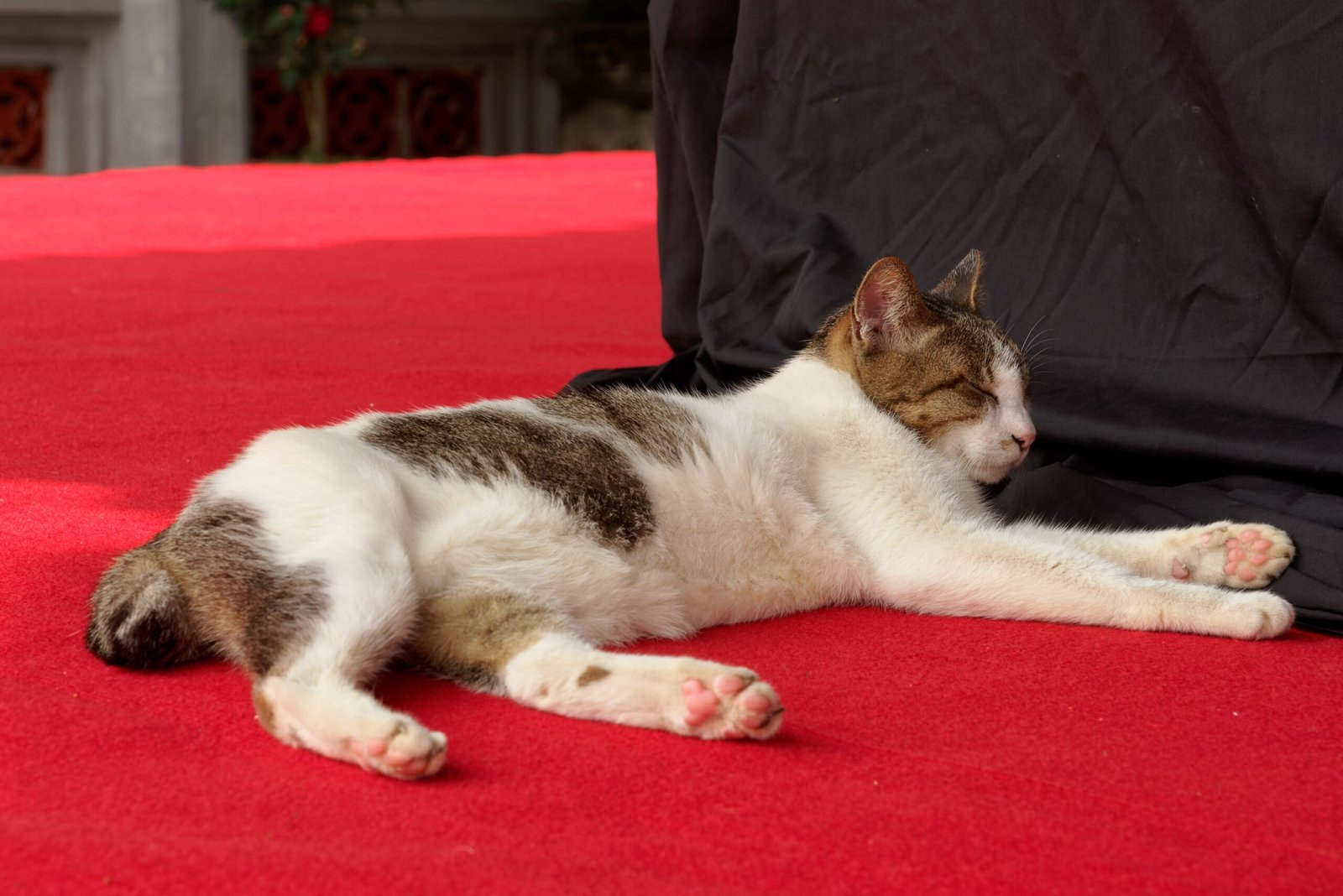
Cats are famous for their epic naps, but when those sleep habits shift, it’s a big deal. Maybe your cat is suddenly sleeping all day, or having restless, fitful nights. Changes in sleeping patterns can reflect anxiety, depression, or even excitement. Many cat owners overlook this, assuming that cats just sleep whenever they want. But like us, emotional turmoil shows up in their rest. If your cat is snoozing in odd places or at odd times, it’s worth asking what’s changed in their emotional landscape.
New Hiding Behaviors

Every cat loves a good hideout, but increased or constant hiding is a sign of emotional overload. When your cat vanishes for hours in closets or under beds, they’re usually escaping from something that feels too much to handle. Maybe it’s loud noises, a new pet, or even tension in the household. This isn’t just shyness—it’s a coping strategy. If your cat starts hiding more than usual, take a closer look at what might be scaring or overwhelming them.
Sudden Desire for Solitude

Some cats are social butterflies, while others prefer to keep to themselves. But when a normally sociable cat suddenly seeks solitude, it’s a red flag. This shift often means they’re feeling sad, stressed, or even sick. It’s easy to miss, especially if you assume they’re just “being a cat.” But a sudden retreat from family life is a message in itself. Think of it as your cat needing space to process big feelings—don’t ignore it, even if it’s subtle.
Unexpected Destructiveness

Has your cat started scratching furniture, knocking over plants, or tearing up papers out of the blue? Destructive behavior is usually a sign of emotional frustration or boredom. Much like a child acting out, your cat may be crying out for attention, stimulation, or release from pent-up energy. Sometimes, this is their way of saying, “I’m not getting what I need.” Instead of getting angry, try to see the deeper emotional need behind the chaos.
Sudden Litter Box Issues

One of the most frustrating things for cat owners is when a perfectly trained cat starts having litter box accidents. While medical issues can play a role, emotional distress is often the culprit. A new pet, visitors, or stress in the home can make your cat avoid their box or start marking territory. This behavior is more than just a mess—it’s your cat’s way of telling you they’re overwhelmed or upset. Pay attention to what’s changed in their world before reaching for the cleaning spray.
Unusual Affection Toward Objects
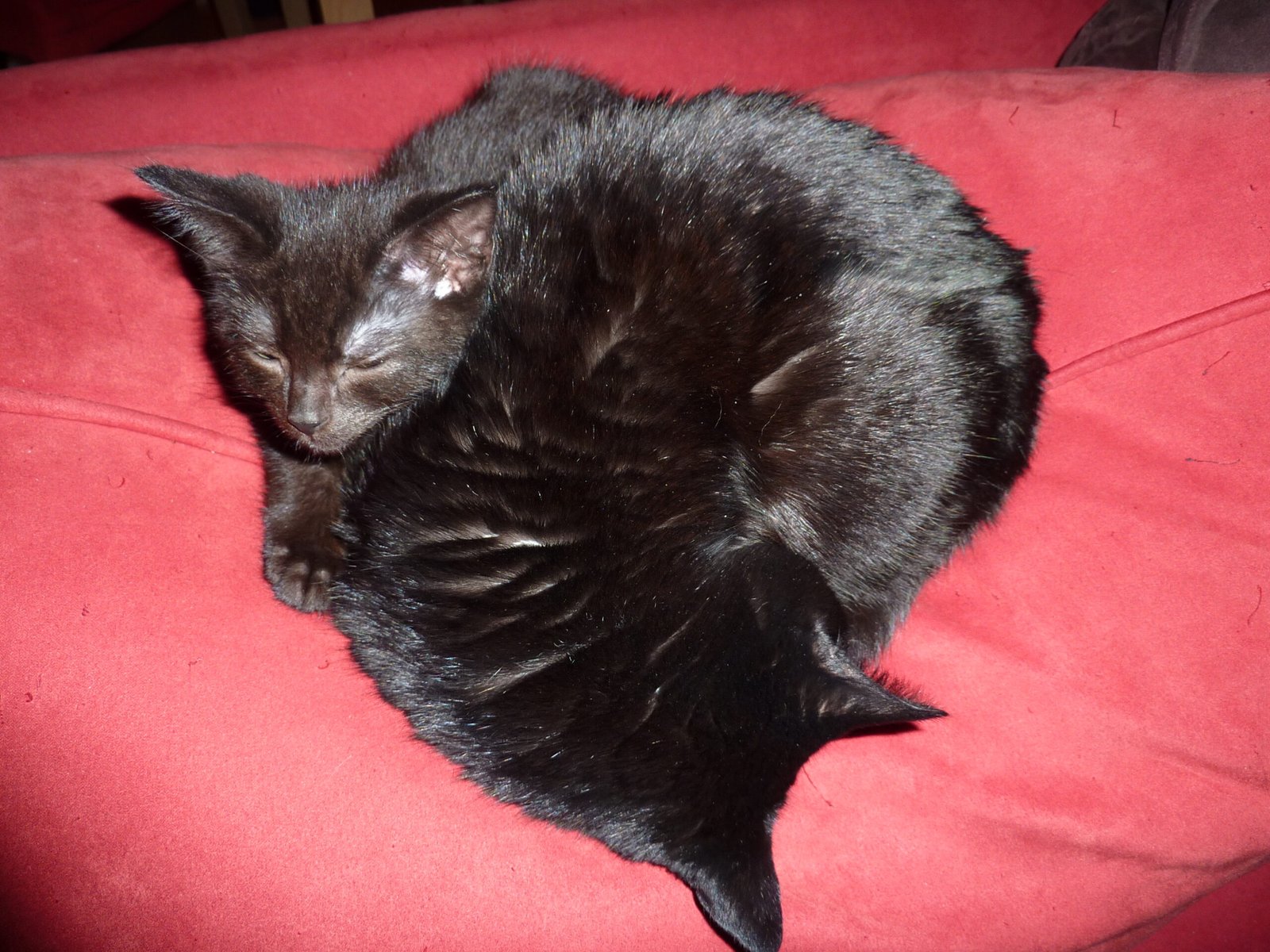
Some cats start snuggling up to shoes, blankets, or even your laptop in ways they never did before. This quirky behavior often reflects a need for comfort and security. When a cat forms a sudden attachment to an object, it’s usually because they’re missing something emotionally, like your presence or the scent of another pet. It’s their way of creating a safe space in a shifting world. Don’t just laugh it off—try to understand what’s missing emotionally.
Increased Sensitivity to Noise or Touch

Ever notice your cat flinching at sounds or shying away from petting? Increased sensitivity is a subtle but significant emotional shift. Changes in the home, loud noises, or even tension between family members can make your cat jumpy or defensive. This heightened sensitivity is their way of coping with emotional overload. If your cat used to love belly rubs and now recoils, something deeper may be going on.
Frequent Yawning or Stretching
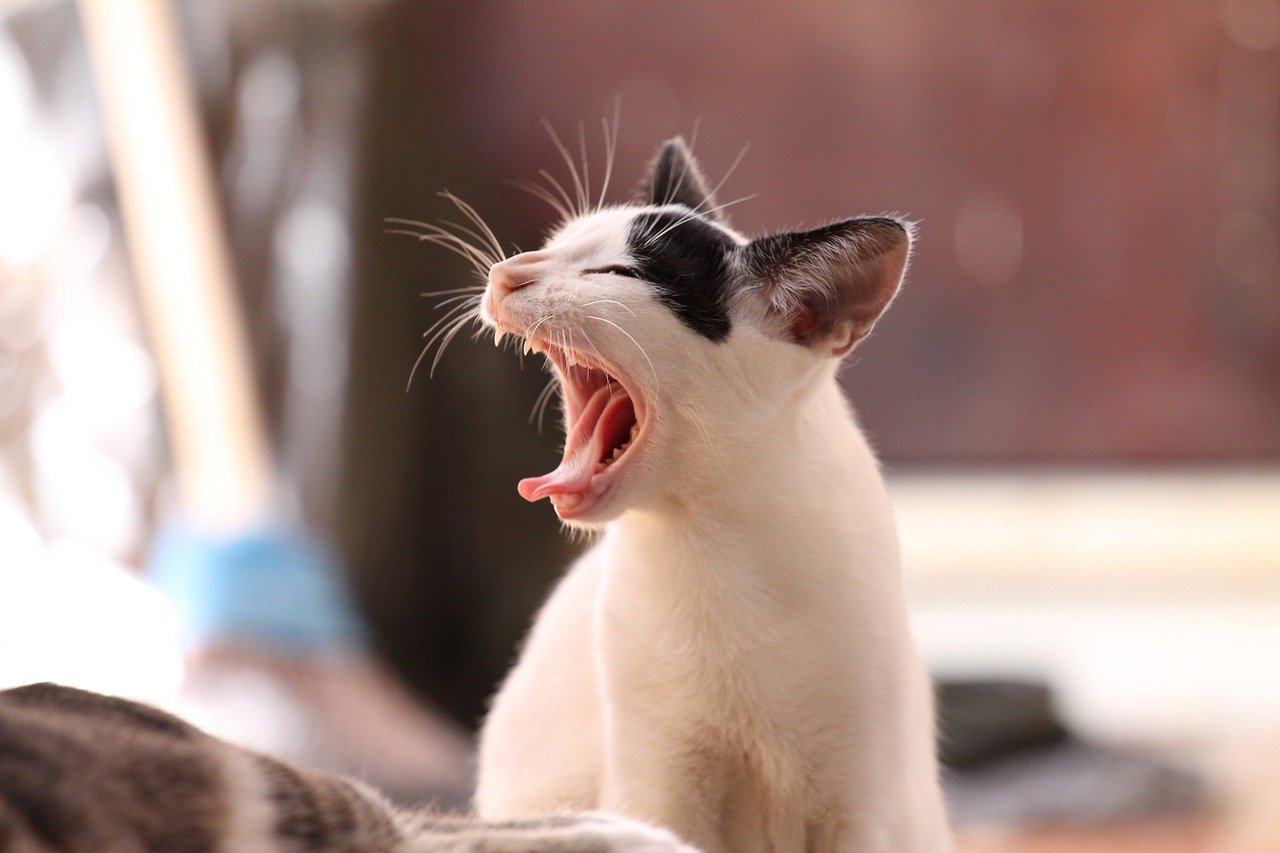
Yawning and stretching aren’t just signs your cat is sleepy or lazy. Sometimes, these actions are stress relievers. Much like people sigh or stretch when anxious, cats use these behaviors to shake off tension. If you notice your cat yawning or stretching more than usual, especially in new or stressful situations, it could be a sign of emotional strain. It’s their way of self-soothing when things feel overwhelming.
Change in Social Dynamics With Other Pets
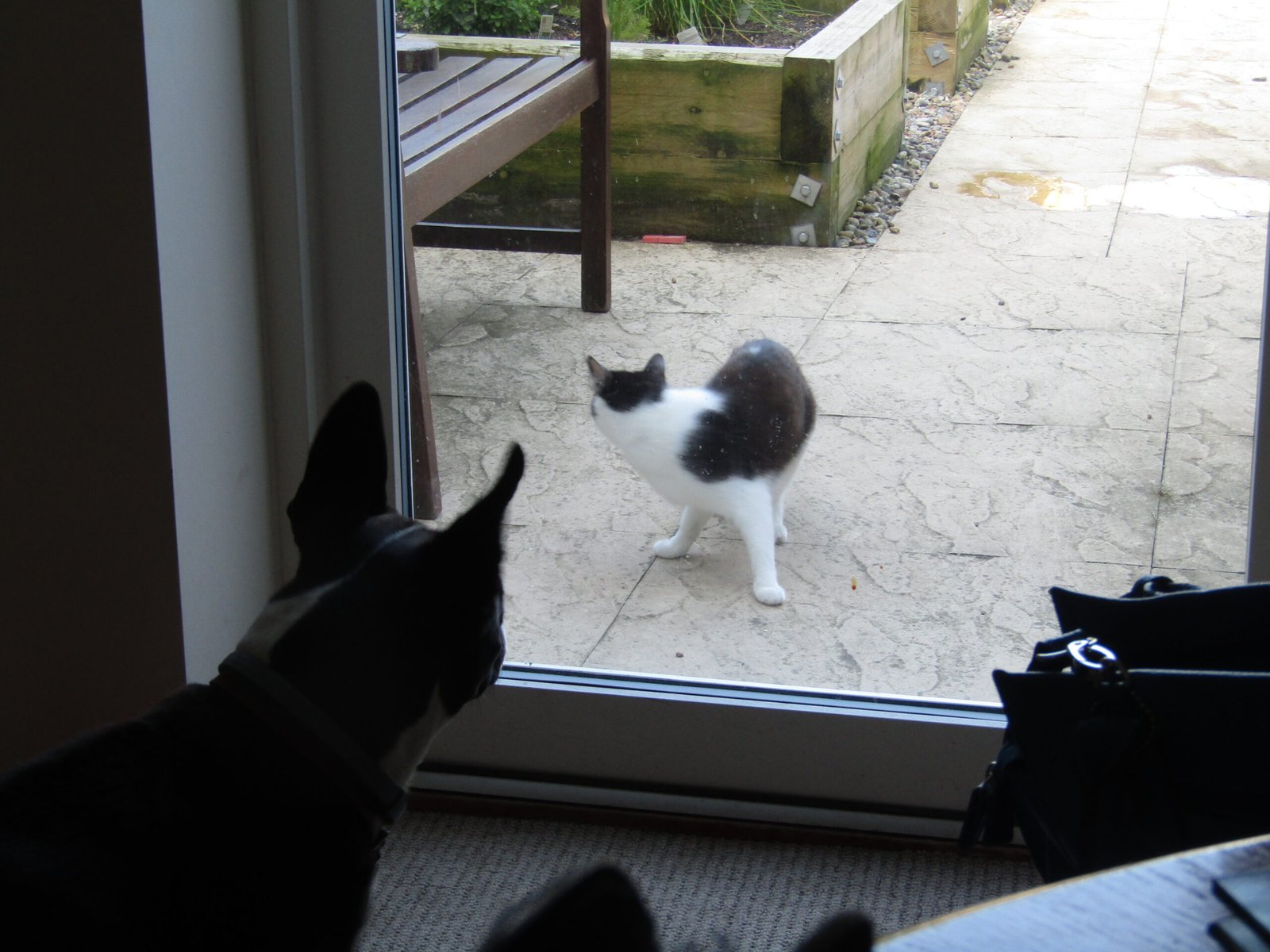
A shift in how your cat interacts with other animals in the house is a big emotional signal. Maybe they’re suddenly fighting with a longtime friend, or avoiding a new puppy. These changes often reflect jealousy, insecurity, or anxiety about their place in the social “pecking order.” Cats are sensitive to the emotional climate around them, and a new addition or loss can shake their world. Watch how your cat’s relationships evolve—they’re windows into their emotional health.
Restlessness or Pacing
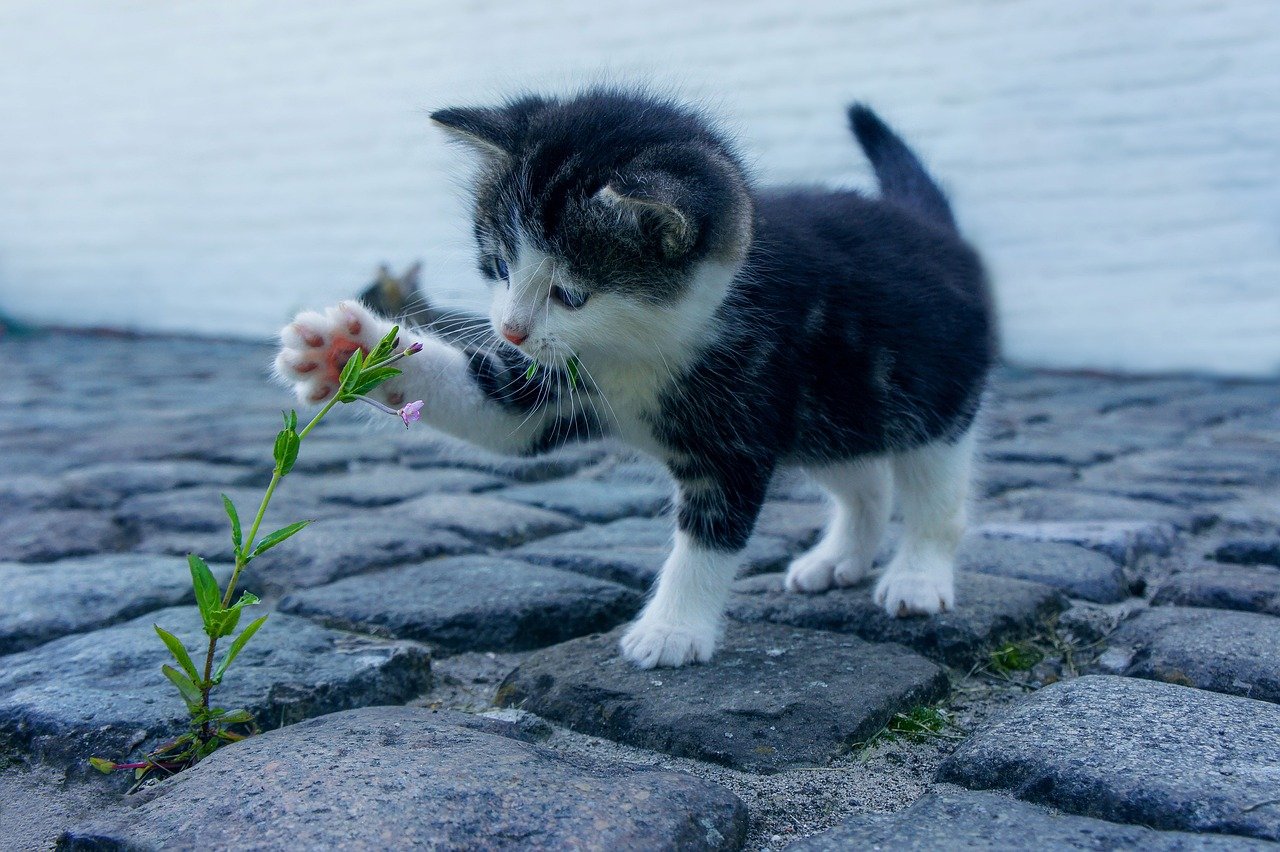
Cats are usually masters of relaxation, but anxious pacing or constant movement is a clear sign something’s off emotionally. This restlessness often pops up during times of change or uncertainty—like after a move or during loud storms. Your cat might wander from room to room, unable to settle. It’s like their heart can’t rest until things feel safe again. Don’t ignore this restless energy; it shows their emotional world is in turmoil.
Obsessive Watching or Guarding

Have you ever caught your cat staring intently at a doorway, window, or even you? Obsessive watching or guarding can be a sign of anxiety or hyper-vigilance. Maybe they’re worried about an intruder (real or imagined), or they sense change brewing. This intense focus is their way of trying to control a world that feels unpredictable. It’s more than curiosity—it’s emotional defense.
Reluctance to Be Alone

Some cats suddenly hate being left alone, even if they used to enjoy their solo time. This shift can be linked to separation anxiety, a condition often overlooked in felines. Maybe you’ve been spending more time out of the house, or a change in routine has left your cat feeling vulnerable. If your cat becomes distressed or vocal when you leave, it’s a clear sign they’re struggling emotionally. They’re reaching out for reassurance.
Sudden Change in Routine or Rituals
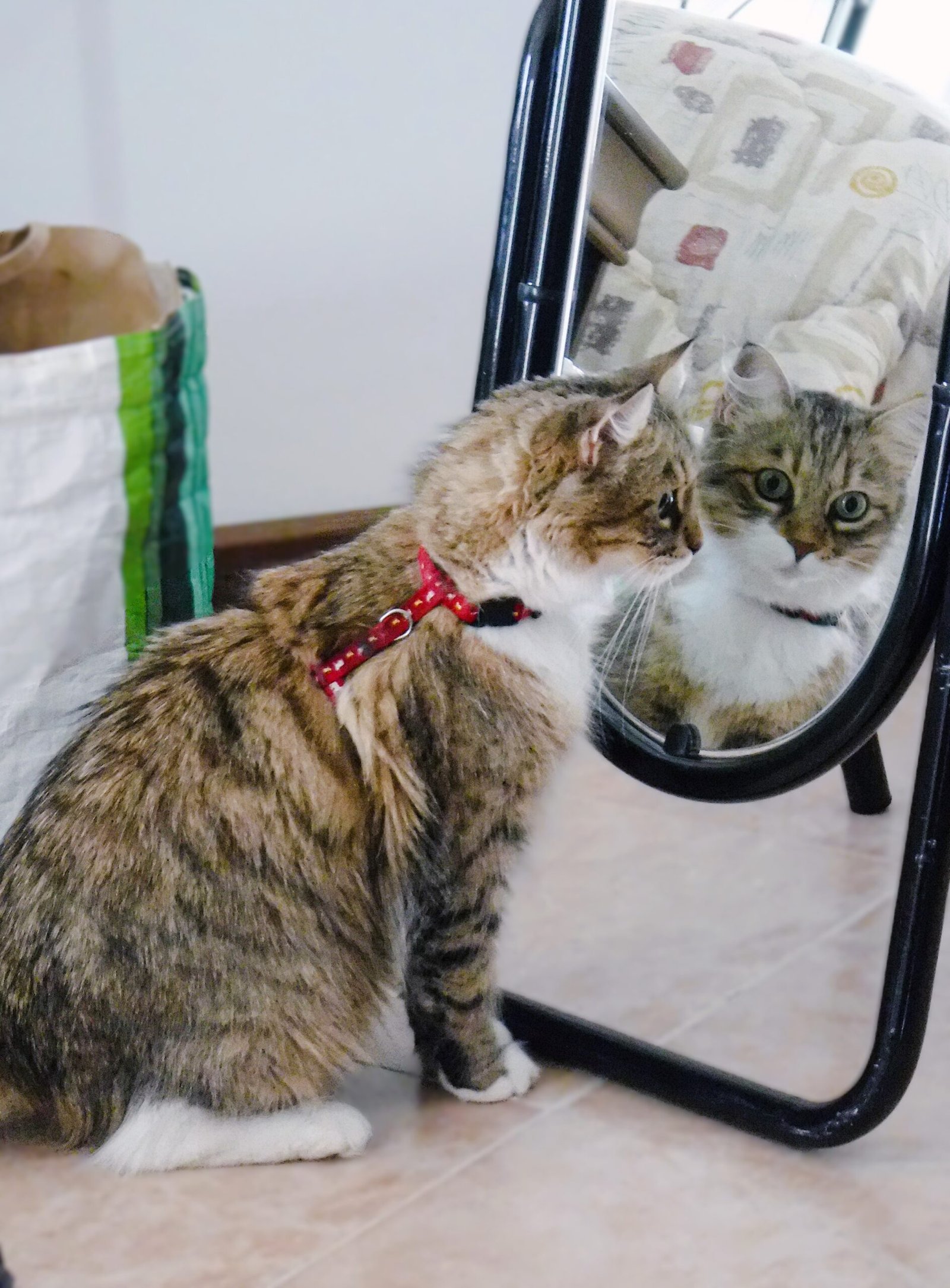
Cats love routine—it’s their anchor in a chaotic world. When they suddenly change their daily rituals, like greeting you at the door, waiting for treats, or following you to bed, it’s a big emotional flag. These shifts can signal sadness, anxiety, or even excitement about something new. Missing these changes means missing an important part of your cat’s emotional life. Pay attention to what’s different, and you’ll unlock a new level of connection with your pet.
Hi, I’m Bola, a passionate writer and creative strategist with a knack for crafting compelling content that educates, inspires, and connects. Over the years, I’ve honed my skills across various writing fields, including content creation, copywriting, online course development, and video scriptwriting.
When I’m not at my desk, you’ll find me exploring new ideas, reading books, or brainstorming creative ways to solve challenges. I believe that words have the power to transform, and I’m here to help you leverage that power for success.
Thanks for stopping by, Keep coming to this website to checkout new articles form me. You’d always love it!




